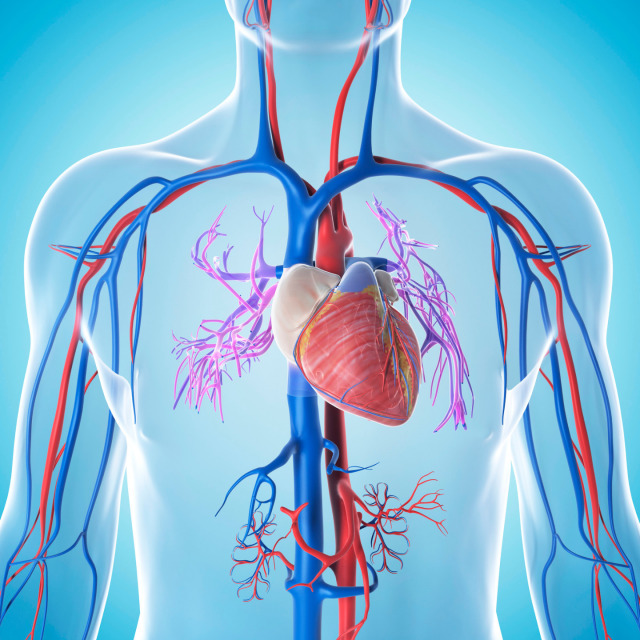
Cardiovascular surgery can be defined as a medical branch used in the surgical treatment of cardiovascular diseases. These surgical procedures are used in the treatment of heart attack, angina, heart valve disease, aortic aneurysm, coronary artery disease, heart rhythm disorders, and other cardiovascular diseases.
Cardiovascular surgery is divided into two main categories, open-heart surgery, and closed-heart surgery. Open heart surgery is used for procedures where the heart needs to be exposed and is often used for procedures such as heart surgeries, heart valve repair and replacement, aortic aneurysm repair, and coronary artery bypass surgeries. Closed heart surgery, on the other hand, is a cardiac and vascular procedure performed with minimally invasive techniques and is generally used in procedures such as cardiac catheterization, balloon angioplasty, and stent placement.
Cardiovascular surgical procedures are generally used in the treatment of high-risk and serious diseases. Therefore, a detailed evaluation is necessary before surgery. In the post-surgical period, careful follow-up and treatment of patients are important.
In conclusion, cardiovascular surgery plays an important role in the treatment of cardiovascular diseases. With advancing technologies, cardiovascular surgical procedures have become safer and minimally invasive. However, since these procedures have risks, it is extremely important to select the right patients and follow them carefully.

